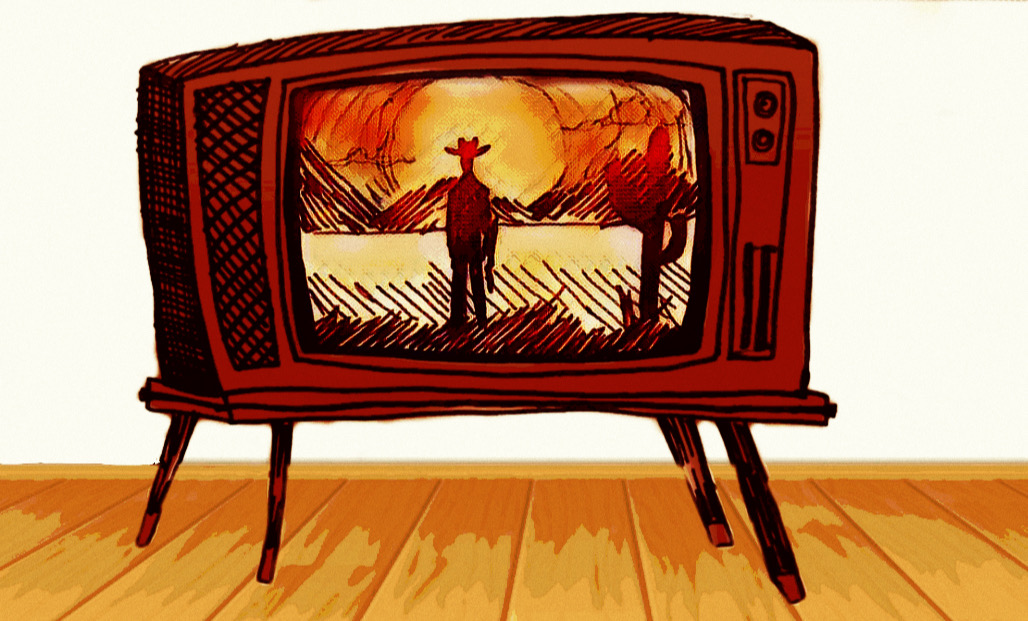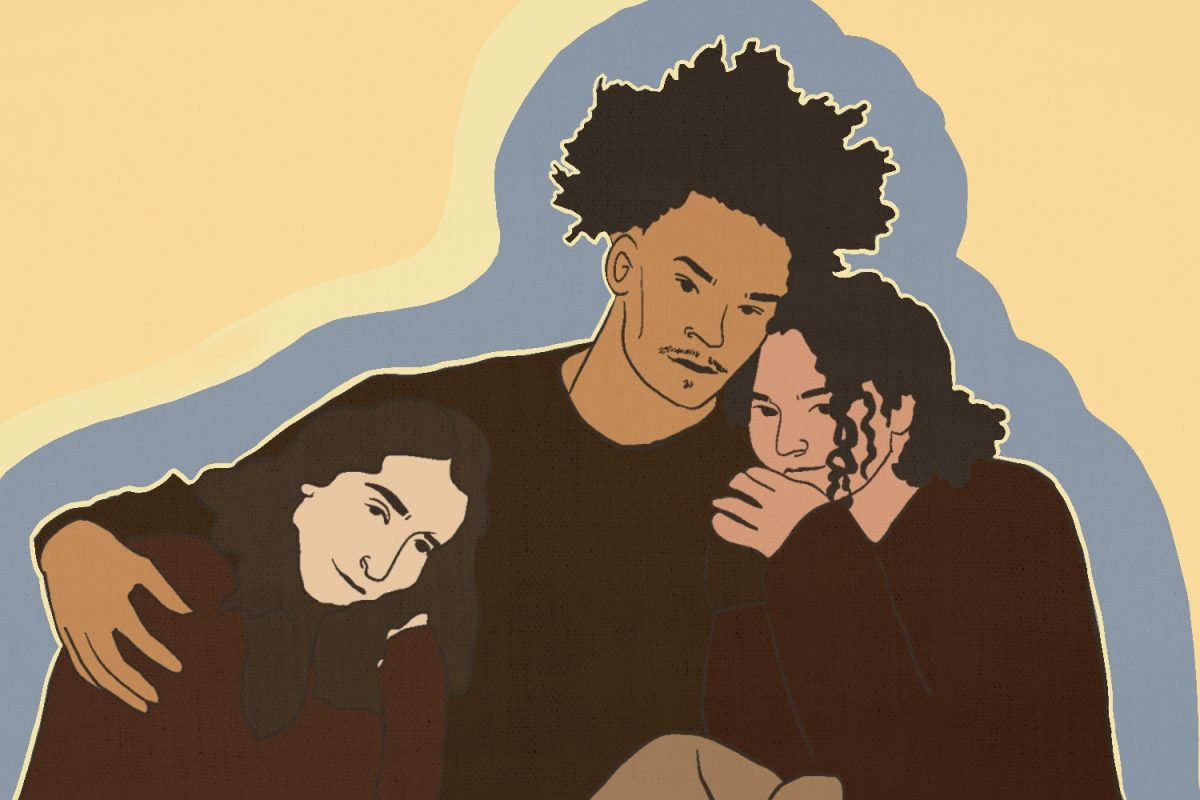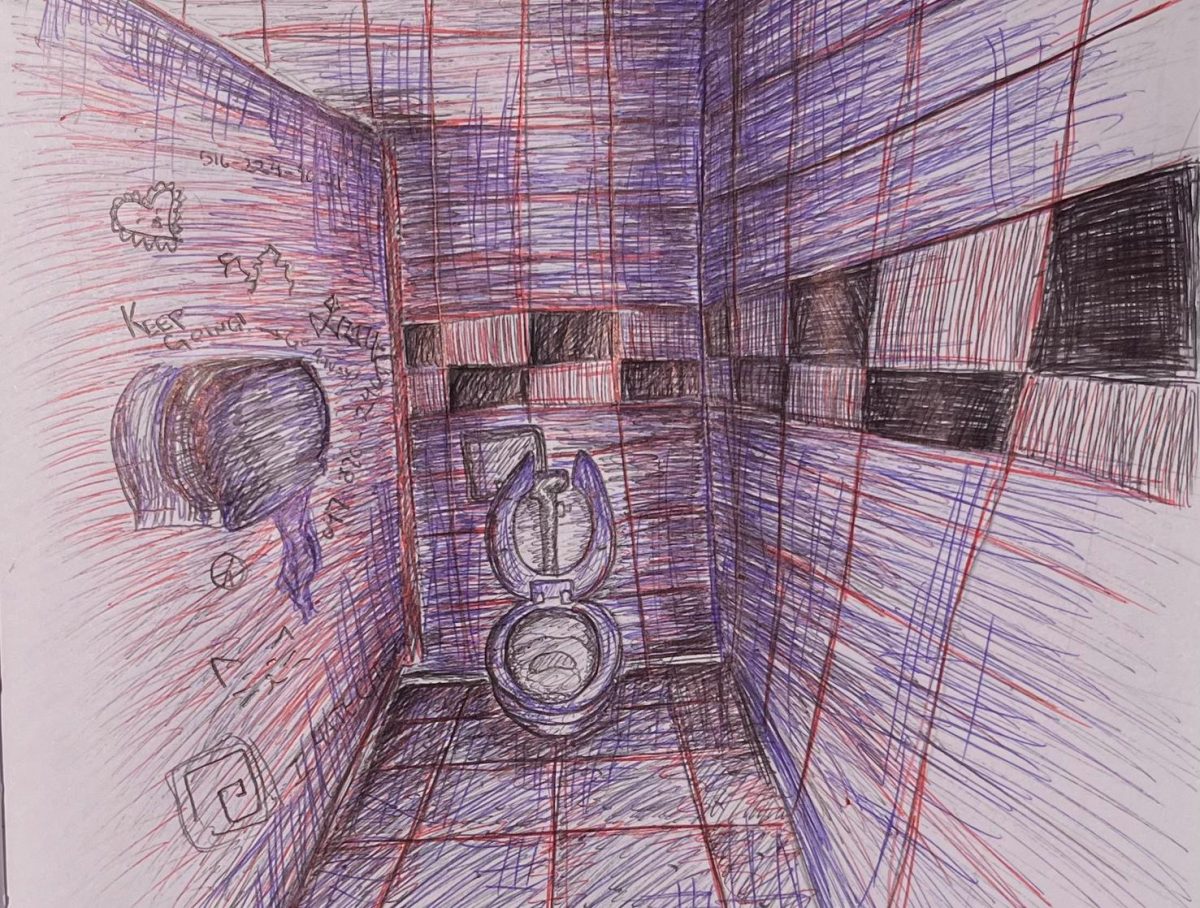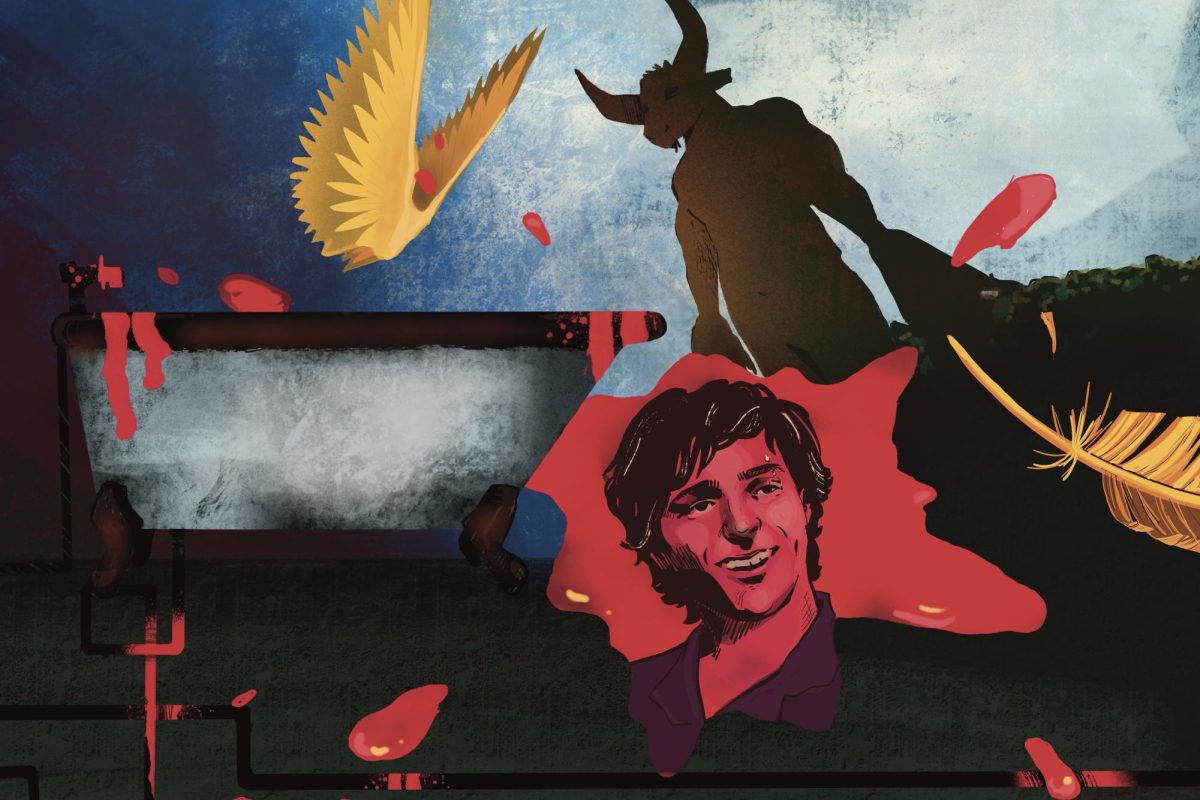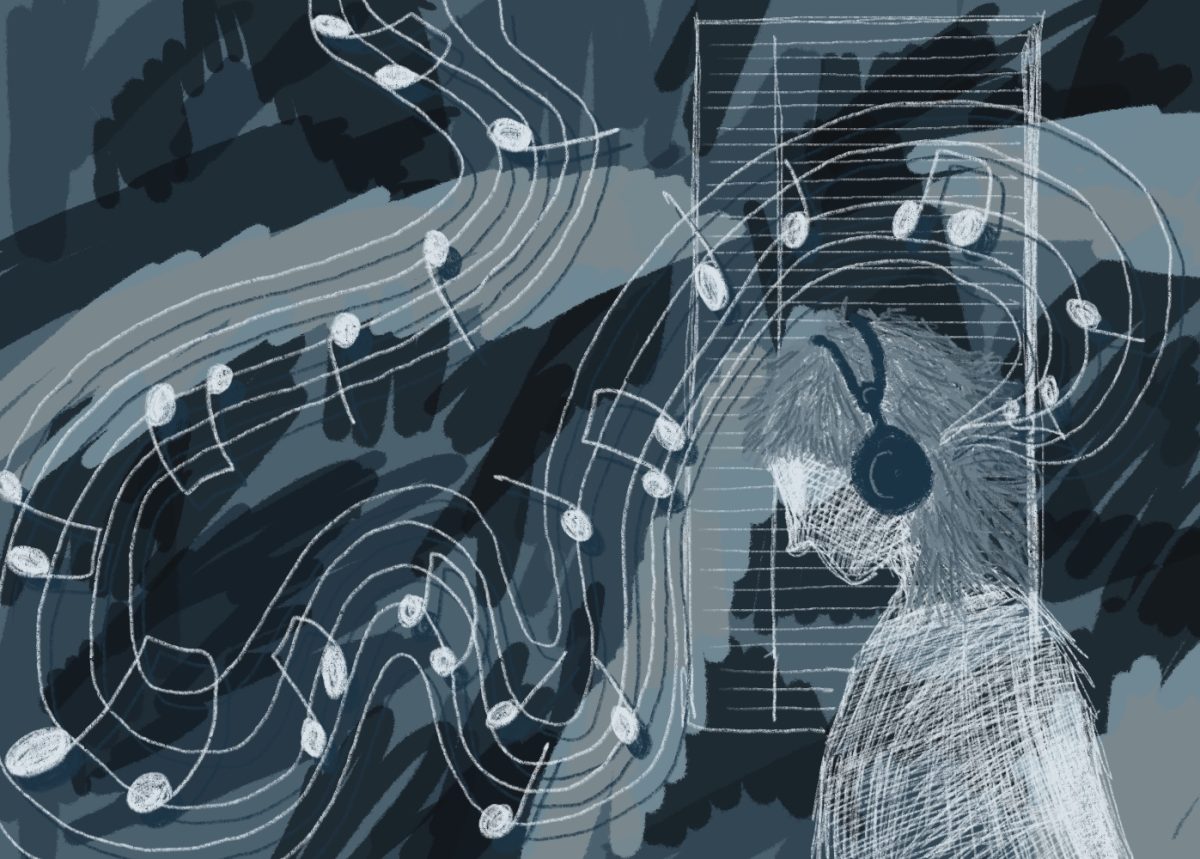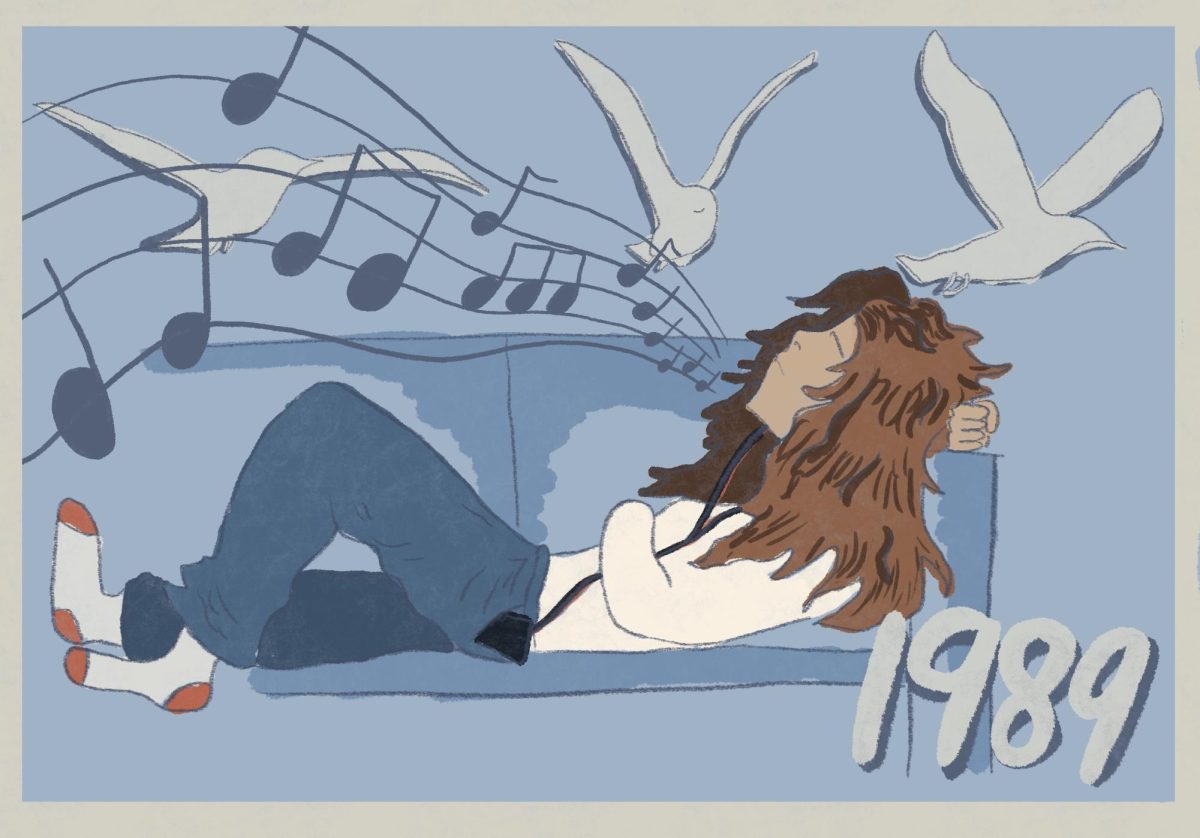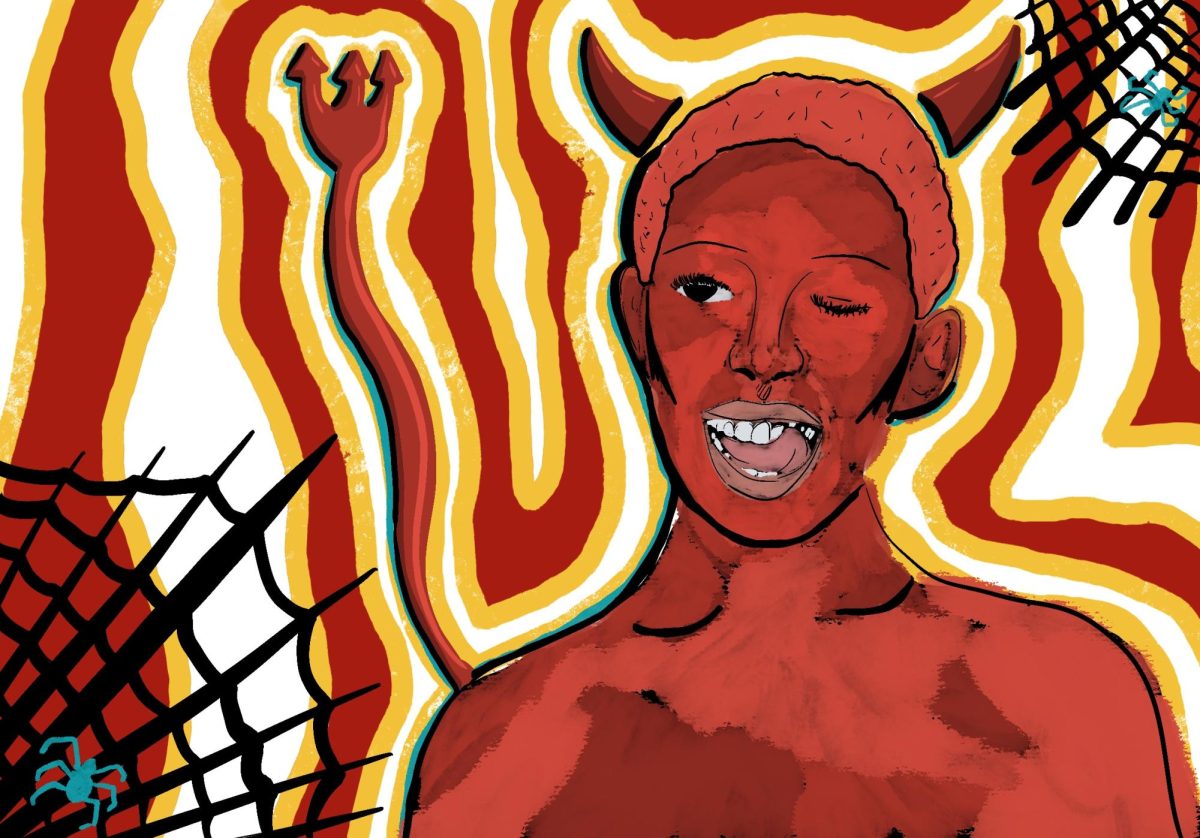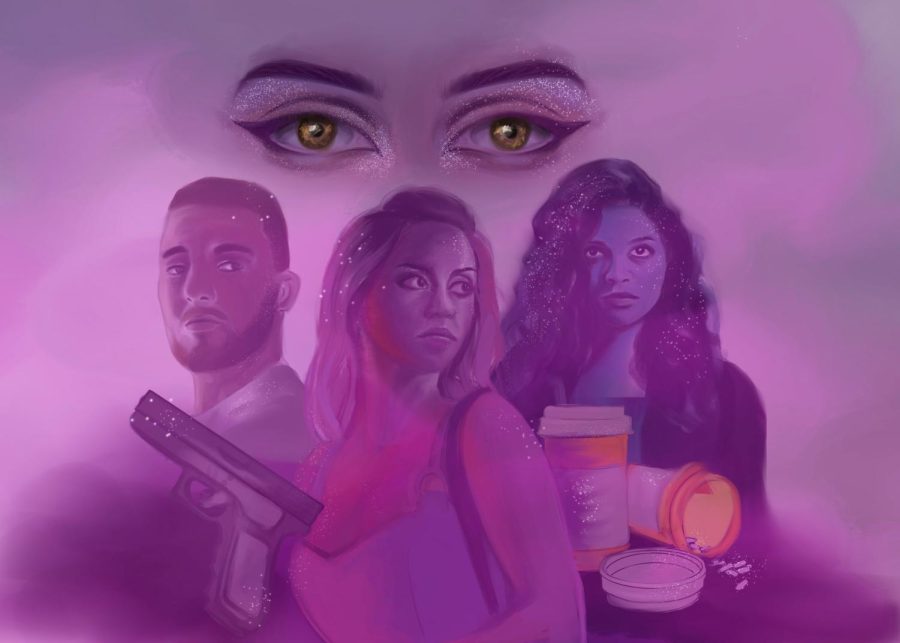Kendrick Lamar released the most anticipated album of the year, which is more of a philosophical message than a rap album.
Kendrick Lamar’s message in “To Pimp a Butterfly” reflects one similar to Plato’s “Allegory of the Cave.”
In Plato’s allegory, a man leaves his community and learns a life-changing lesson, but when he returns to teach it to his people, he is ridiculed.
Lamar and his allegory of the hood reflect Lamar trying to educate on lessons of self-love and respect, like in the song “i,” but can’t because it would make him a hypocrite.
In “Blacker The Berry,” Lamar raps, “So why did I weep when Trayvon Martin was in the street? When gang banging make me kill a nigga blacker than me? Hypocrite!”
Lamar is not only a hypocrite because he did the things he preaches against, but because, with his rap fame and money, he is not forced to utilize those options anymore.
The name, “To Pimp A Butterfly” is a reference to “blaxploitation”; the government’s “pimping” of a group of people entrapped in their socioeconomic prison, like butterflies in cocoons.
Lamar opens the door to the album with “Wesley’s Theory,” the song starts with an excited Lamar, happy to get his golden ticket out of the hood through music.
However, the second verse turns to a chilling response from a money-hungry Uncle Sam, eager to exploit his prosperity.
“Wesley’s Theory” is a reference to when Wesley Snipes was on his rise to fame and the U.S. used tax evasion charges as a way to curb the black entertainer’s success.
In “Hood Politics,” Lamar rages against the hypocrisy of how the government is really a gang exploiting the black community.
“From Compton to Congress, set tripping all around, ain’t nothin’ new but a flow of new DemoCrips and ReBloodicans, red state versus blue state, which one you governin’? They gave us guns and drugs, called us thugs,” rapped Lamar.
He questions “what money got to do with it when I don’t know the full definition of a rap image?” In “Institutionalized,” he battles with how to use his success to express a positive message.
In the final track of the album, “Mortal Man,” Lamar addresses his feelings of “survivor’s guilt” caused from the fact that his “loved ones was fighting the continuous war back in the city.”
Lamar explains his entire message through a simulated conversation with Tupac Shakur at the end of the song.
He reveals how he is full of “resentment that turned into a deep depression,” and “screaming in the hotel room [and how he] didn’t wanna self destruct.”
Feelings of suicide, “made me wanna go back to the city and tell the homies what I learned. The word was respect.”
Like the two famous words written on the temple of Delphi, Lamar is telling people to “know thyself.”
Only from this does Lamar suggest there will be peace.







